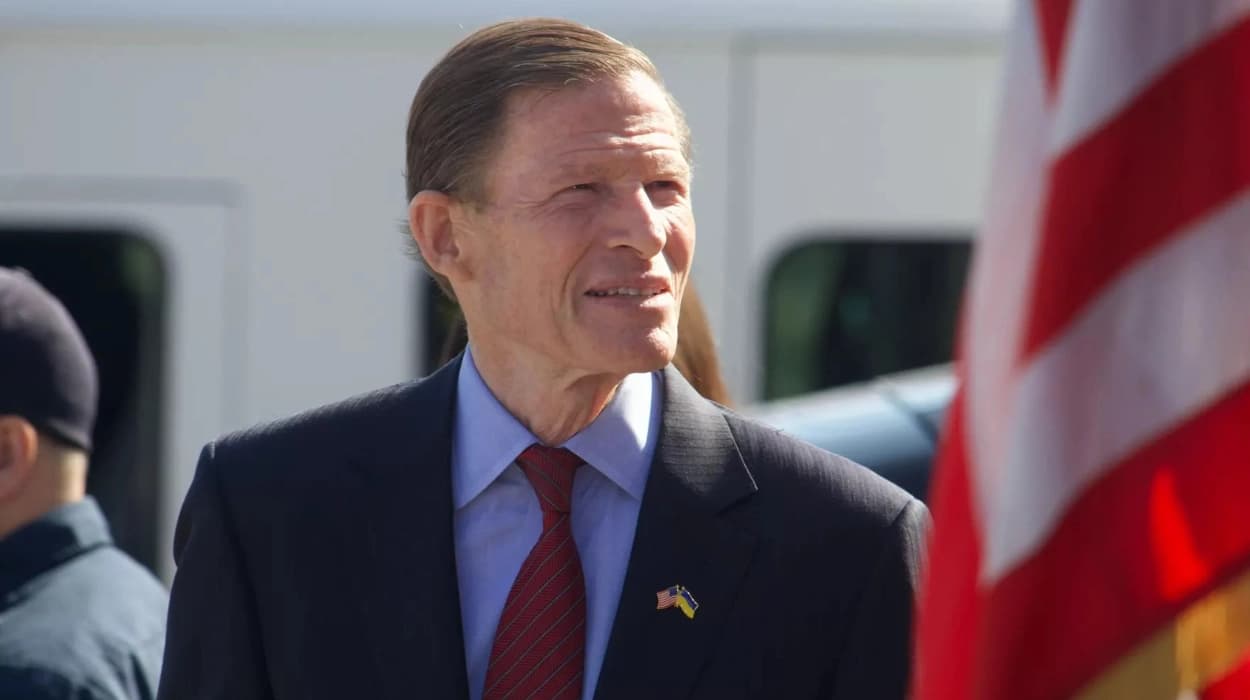Summary
- President Trump called for an investigation into Sen. Richard Blumenthal.
- Trump accused Blumenthal of lying about his military service in Vietnam.
- Blumenthal admitted to misspeaking but clarified he served in Marine Reserves.
Blumenthal has acknowledged that on several occasions, he "misspoke" about serving in Vietnam.
Shortly after Trump made a social media post on him, he appeared on CNN with Kaitlan Collins.
“This guy shouldn’t even be in the U.S. Senate,”
Trump said on TruthSocial.
“It should be investigated, and Justice should be sought.”
“I served in the reserves, and I referred to my service in Vietnam on a handful, just a couple of occasions, rather than during Vietnam,”
Blumenthal said.
Trump's remarks after a contentious exchange between Blumenthal and Attorney General Pam Bondi during a Capitol Hill hearing.
Trump said that other elected politicians were imprisoned for lying during the campaign, apparently in reference to former Long Island Congressman George Santos.
“Right now, there is a Congressman sitting in prison for lying about his past during a campaign,”
Trump said.
“Well, those lies were nothing compared to those of Richard “Da Nang Dick” Blumenthal, perhaps the greatest phony in the history of the United States Senate.”
Trump has already criticized Blumenthal for misrepresenting his service record. He began referring to Blumenthal as "Da Nang Dick" in 2017.
Blumenthal isn’t concerned about what Trump was saying, "except that it is just so completely deceptive and distorted,” he said.
What legal grounds exist for probing a senator's past statements?
Article I, Section 6 of the U.S. Constitution on the Speech or Debate Clause gives immunity to Congress members regarding the questioning of their legislative acts, which is broadly interpreted to include speeches, debates, and any official investigations in carrying out the legislative function.
The immunity afforded by Article I, Section 6 does not apply to things that are not legislative acts or statements made outside the course of proceedings of Congress. For example, statements made to the public, statements made while campaigning, or behavior while not discharging the legislative function are not protected from inquiry or legal consequence.
The U.S. Senate has investigatory authority and can conduct hearings or investigations about the conduct of its members as it relates to ethics or legal standards.

